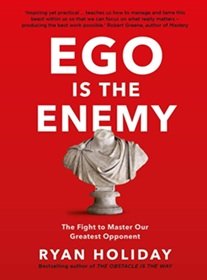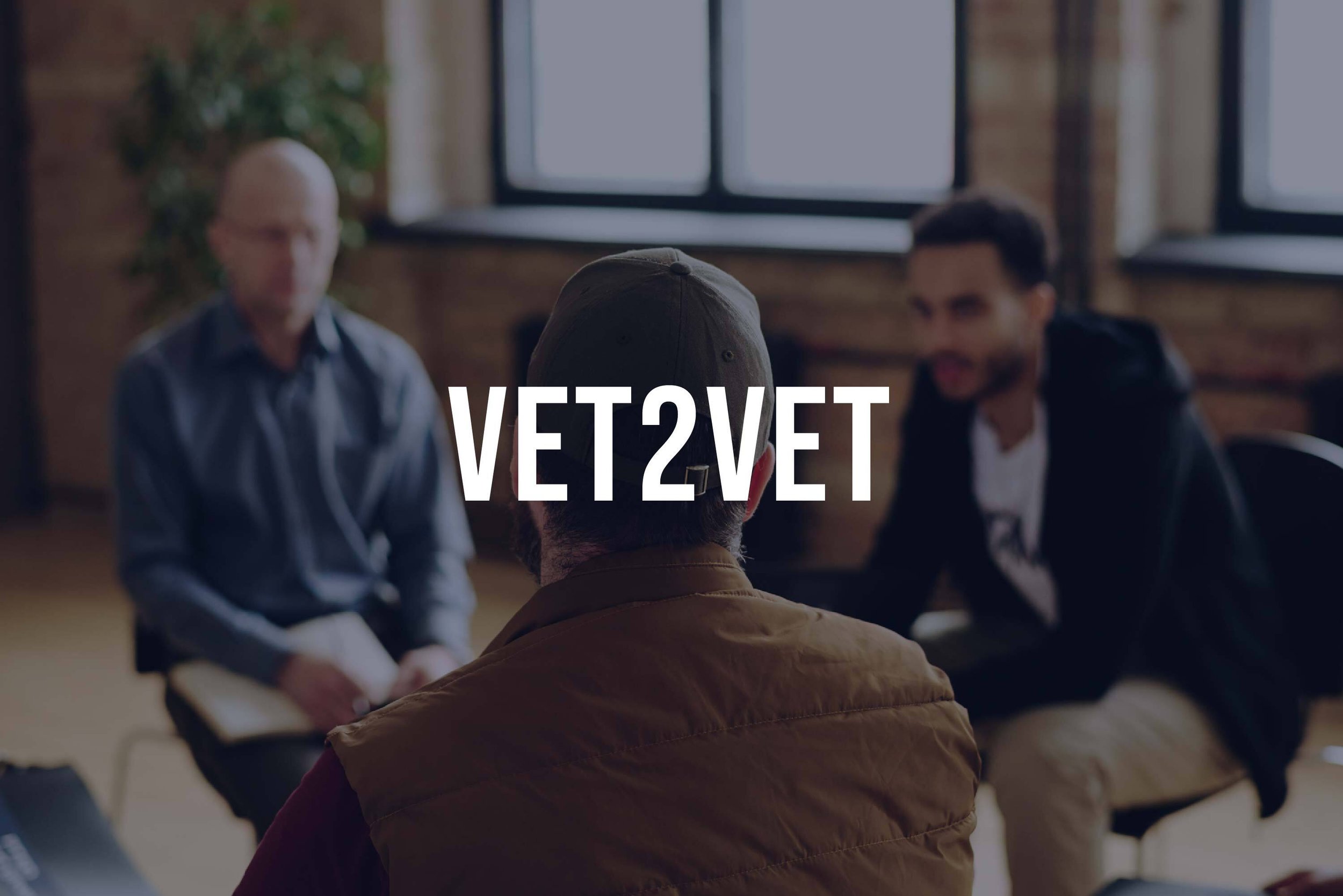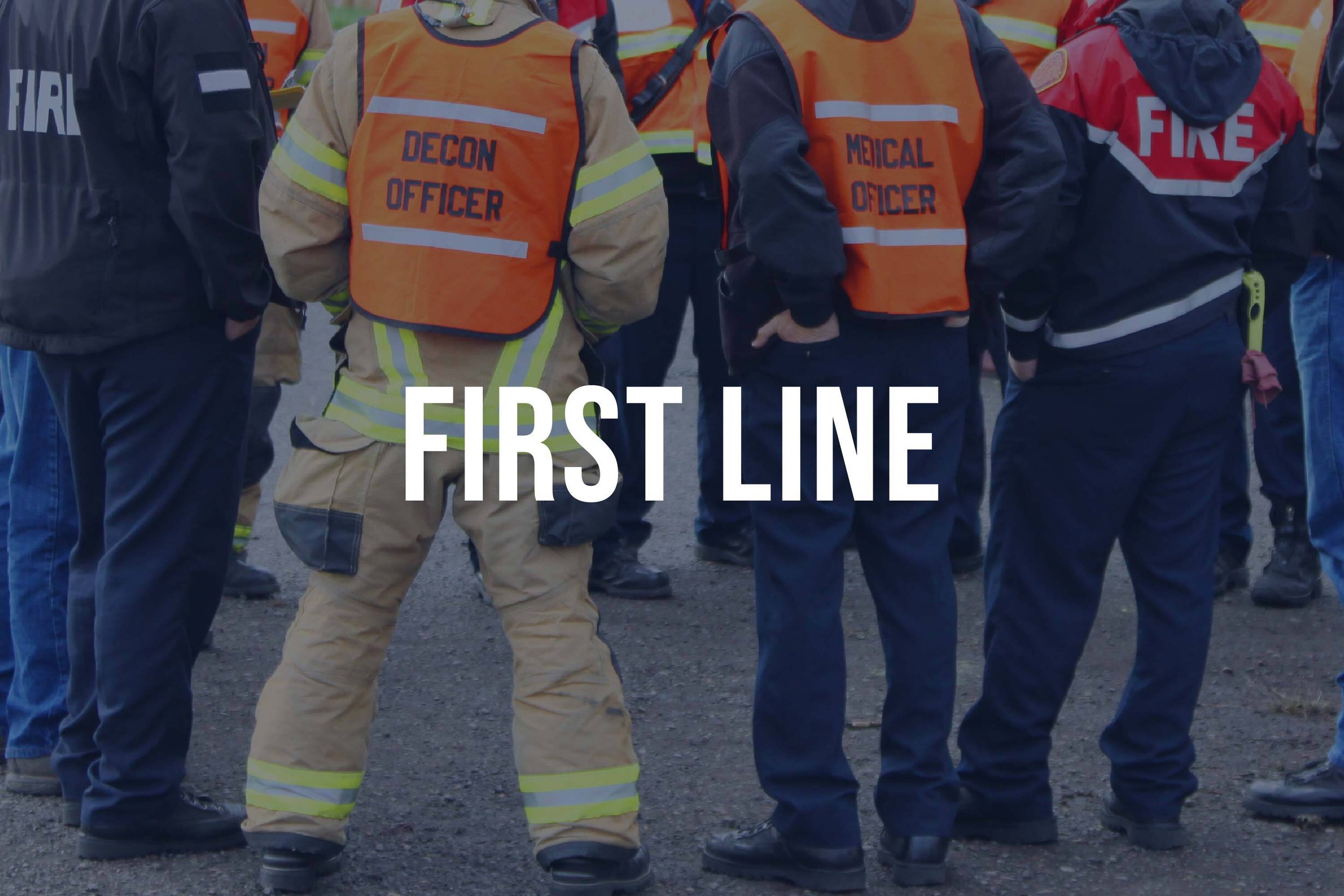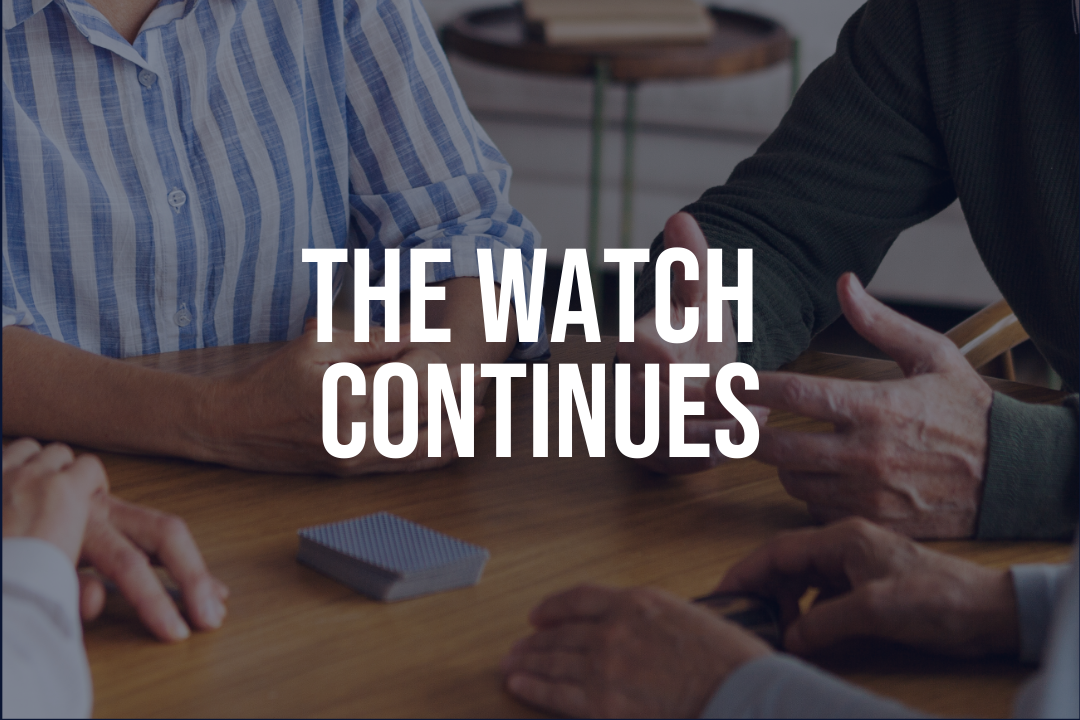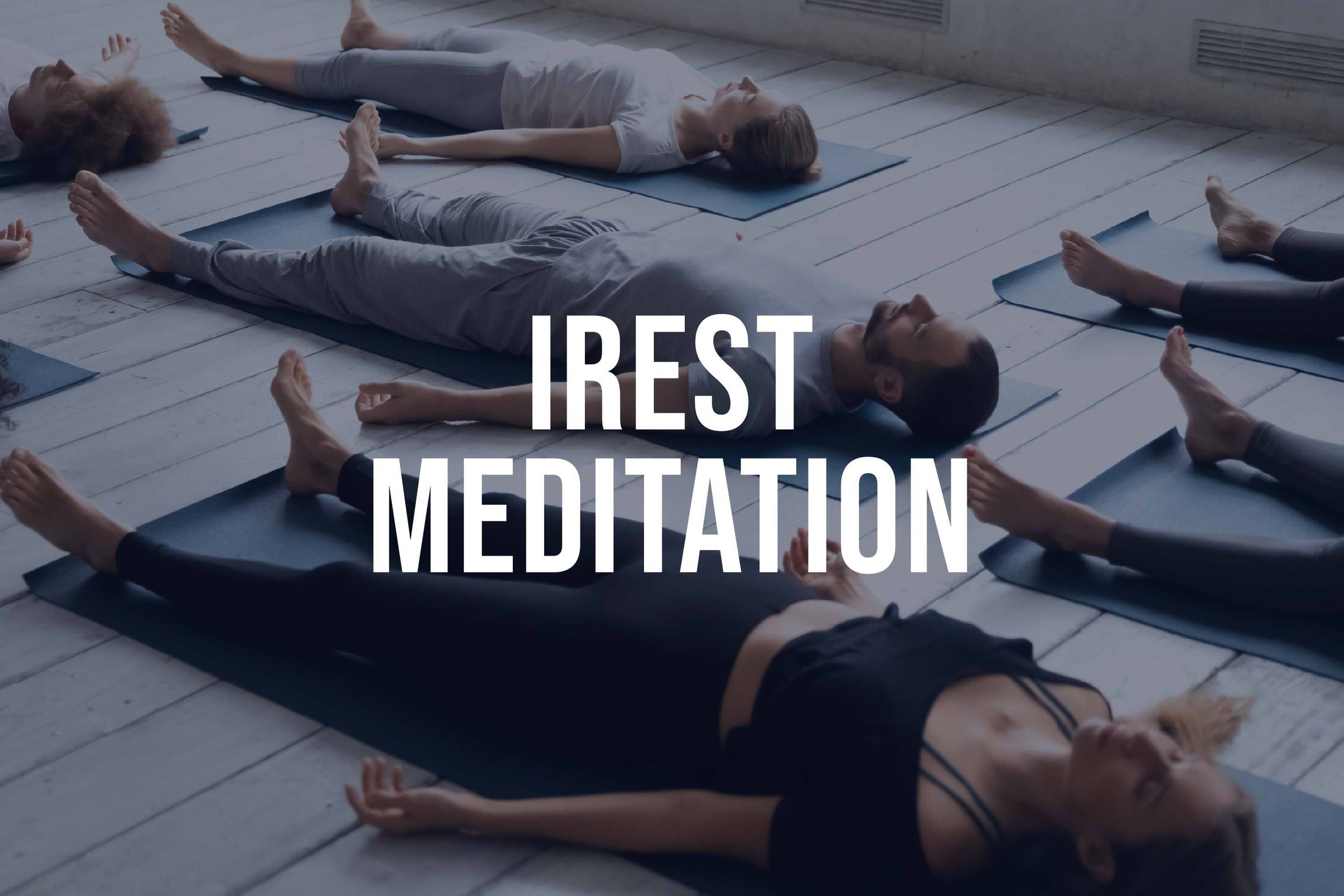Resources for Mental Health & Well-Being
Cultivating and maintaining mental health isn’t just a one-and-done effort — it’s an ongoing practice.
It shows up in how we care for ourselves during tough seasons, how we process our stress or trauma, and how we build the resilience to show up every day, even when things are hard.
To help you along the way with your wellness journey, Homefront has curated this list of impactful resources to support you as you move forward.
The books below aren’t just titles — they’re tools.
Whether you’re looking to create healthier habits, better understand trauma, or reconnect with yourself and your community, these recommendations offer insight, encouragement, and practical steps forward on the path to wellness.
Stillness is the Key - Ryan Holiday
In a world that rarely slows down, stillness is a superpower.
Stillness is the Key explores how cultivating inner calm leads to clarity, purpose, and peace of mind.
Drawing from philosophy, history, and real-life stories, Holiday explains how stillness can help us navigate stress, make wiser decisions, and feel more grounded even during chaos. It’s an invitation to slow down and reconnect with what truly matters.
The Four Agreements – Don Miguel Ruiz
Simple yet deeply profound, this book outlines four principles rooted in ancient Toltec wisdom:
Be impeccable with your word. Don’t take anything personally. Don’t make assumptions. Always do your best.
Ruiz offers a practical guide for shedding self-limiting beliefs and living with greater freedom and inner peace. It’s a small book, but its impact can be life-changing, helping you navigate relationships, boundaries, and your own inner critic.
The words in The Four Agreements aren’t just tips for daily life — they’re tools for living with integrity and inner peace.
Ego is the Enemy – Ryan Holiday
Sometimes the biggest obstacle to growth is ourselves.
In Ego is the Enemy, Holiday dives into how ego — our need for validation, control, or recognition — can cloud our judgment and block progress.
Through stories of historical figures, athletes, and leaders, he reveals how humility and self-awareness are essential for success and personal fulfillment.
This book is especially helpful for anyone striving to lead, create, or simply live with more authenticity and less stress.
Atomic Habits – James Clear
Small habits, repeated consistently, can lead to massive change.
Atomic Habits breaks down the science of behavior into a practical system for building better habits and letting go of the ones that no longer serve us.
It’s especially powerful for mental health, highlighting how tiny daily shifts can help manage stress, boost motivation, and create a sense of control when life feels overwhelming.
Tribe – Sebastian Junger
Belonging is not a luxury—it’s a survival need.
In Tribe, Junger explores how strong, communal bonds help us endure adversity, find meaning, and heal after trauma. Using examples from soldiers, disaster survivors, and indigenous communities, he shows how modern society often leaves people isolated and searching for purpose.
For military families, veterans, and caregivers, this book speaks directly to the power of shared experience, reminding us that connection is a crucial part of mental health.
The Power of Story – Jim Loehr
The stories we tell ourselves shape the way we live.
In The Power of Story, Loehr explores how rewriting your inner narrative— about who you are, what you’ve endured, and what’s possible — can help you reclaim agency, purpose, and joy.
This book is especially relevant for mental health, offering practical tools to challenge old patterns, shift self-talk, and create a story rooted in resilience rather than limitation.
The Body Keeps the Score – Bessel van der Kolk
Trauma doesn’t just live in memory—it lives in the body.
This groundbreaking book explains how trauma reshapes both brain and body, and how healing is possible through awareness, therapy, and movement.
Van der Kolk weaves neuroscience, case studies, and compassionate storytelling to show why traditional talk therapy isn’t always enough, and how practices like yoga, EMDR, and body-based therapies can help release the grip of trauma.
It’s an essential read for anyone wanting to understand the deep connections between mind, body, and emotional healing.
Struggle Well: Thriving in the Aftermath of Trauma – Ken Falke & Josh Goldberg
This isn’t just about surviving trauma—it’s about growing from it.
Based on the work of the Boulder Crest Foundation, Struggle Well outlines a practical path toward post-traumatic growth, teaching how to transform struggle into strength.
Through exercises, stories, and a candid approach, they show that hardship can be the catalyst for deeper purpose, resilience, and a renewed sense of life.
It’s a hopeful, empowering read for anyone navigating trauma or supporting others who are.
The Miracle Morning (Updated & Expanded) – Hal Elrod
How we start our day can shape everything else.
This updated edition of The Miracle Morning introduces a structured morning routine—Silence, Affirmations, Visualization, Exercise, Reading, and Scribing (SAVERS)—designed to build mental clarity, emotional balance, and physical energy.
It’s a practical guide for anyone seeking to reclaim their mornings and create space for personal growth, especially helpful in seasons of stress or transition.
Upside: The New Science of Post-Traumatic Growth – Jim Rendon
Post-traumatic growth isn’t a vague concept—it’s measurable and real.
Upside n explores how adversity can become a turning point for growth, meaning, and deeper connection.
Drawing from interviews with trauma survivors, scientists, and psychologists, Rendon reveals the factors that help people thrive after crisis rather than merely survive.
This book offers hope and practical insights for anyone wondering how to find purpose and strength in the aftermath of hardship.
Bouncing Forward: The Science of Cultivating Resilience – Michaela Haas
Resilience isn’t just bouncing back—it’s bouncing forward.
In Bouncing Forward, Haas combines research from neuroscience and psychology with powerful personal stories of people who’ve faced profound challenges.
She shares practical strategies for developing resilience, optimism, and a sense of meaning after adversity. It’s a gentle yet inspiring read that shows resilience is a skill anyone can build, no matter where you’re starting from.
The Gifts of Imperfection – Brené Brown
Let go of who you think you’re supposed to be and embrace who you are.
In the 10th anniversary edition of Gifts of Imperfection, Brené Brown offers ten guideposts for wholehearted living, rooted in self-compassion, courage, and the power of vulnerability.
With warmth and humor, she shares how embracing imperfection can lead to deeper connection, authenticity, and joy. For anyone battling perfectionism, shame, or self-doubt, this book offers a path toward showing up as your true self.
The Let Them Theory – Mel Robbins
If they want to walk away, let them. If they misunderstand you, let them.
The mindset shift provided by The Let Them Theory is about releasing control, accepting others’ choices, and staying rooted in your own peace. It’s not about giving up—it’s about letting go.
In this powerful read, Robbins encourages us to stop chasing people or validation and instead focus on our own values and well-being.
You Are Never Alone
There’s no single map for healing, but there are guideposts. Whether you’re processing something difficult, building new habits, or trying to reconnect with yourself, these books offer perspective, language, and hope.
Whether you’re a veteran, a first responder, a family member, or a civilian, putting these tools in your mental health toolkit will help you take your wellness to the next level.
At Guardian Revival and in our Homefront family program, we’re here to walk that journey with you — one resource, one conversation, one day at a time.
About Guardian Revival
Guardian Revival is a 501(c)(3) not-for-profit organization that improves the mental health & well-being of military, veterans, and first responders — our guardians — and their families, at no cost to them.
Our Programs
Another Summit | Outdoor adventures — walking, hiking, backpacking, paddling, and fly fishing
Boots & Paws | Providing dogs for the therapeutic benefits of animal companionship
Encore | Opportunities to learn, write, play, record, and share music
Peer Services | Individual & group peer support for guardians by guardians
Homefront | Support & resources for military & first responder families
Upcoming Events
All of our events are free for guardians (active & retired): Active Military ᐧ Veterans ᐧ Reserves ᐧ National Guard ᐧ Law Enforcement ᐧ Fire & Rescue ᐧ Emergency Medical Services ᐧ Dispatchers ᐧ Corrections ᐧ Federal Agents
From gatherings and hikes to music and mindfulness, there’s a place for everyone in our community — in-person, online, and outdoors. We hope you’ll join us soon:








